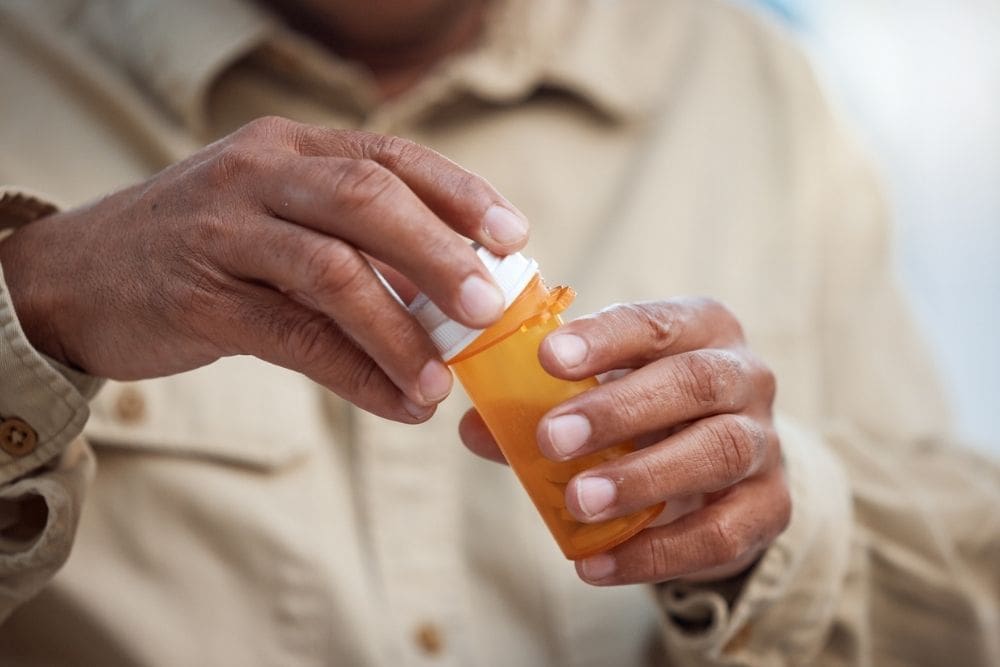One of the Catholic Church’s most revered figures, Pope Gregory I, commonly known as Gregory the Great, lived during the early medieval period. He was the product of a noble Roman family, blessed with wealth and prestige in Roman society and government. Despite this elevated placement in society, Gregory was naturally pious and had deep compassion and empathy for people who had the least in common with him: the less fortunate, those affected by war and violence, and those who lived in poverty.
Gregory lived during times of plague, disease, violent war, and social inequality. Despite the readily available temptations, wealth, and general ease in his upper-class society, Gregory focused on bettering his external world. He concerned himself with the impoverished communities of his time, dedicating an entire career to civil servitude. He even remodeled his affluent family’s villa to serve as a monastery where he would later become a monk and serve the wider community.
Historians record Gregory as having specific cherished hobbies, uniquely communal attitudes, altruistic personality traits, and community-focused and creative pastimes:
- A man who constantly wrote, he reflected on his thoughts, feelings, emotions, and observations—considering himself to be a servant to others. He was introspective, humble, and focused on charity work.
- Civil planning interested Gregory. He took on the responsibility of securing the food supply and grain distribution during chaotic periods marked by greed and injustice.
- He made a habit of looking after those who were affected by uncontrollable circumstances, namely by supplying ransom money for people kidnapped in wartime.
- Refugees held a special place in Gregory’s heart. He made sure to remember them, care for them, and create a space for them in his society.
- While we don’t know if Gregory was particularly artistic, he was most likely notably well-educated for his times and valued the arts, music, and literature.
- Gregory envisioned a religious, righteous, and responsible social safety net. That’s why he worked to involve the church in executing strategies that provided relief for the destitute and the hungry during famines.
The church and Gregory’s successors saw him as an embodiment of compassion, someone who believed and honored the inherent worth of all human beings—no matter what they did or where they came from. Shortly after his death, he was canonized and made the patron saint of teachers, students, musicians, and the needy.
What Does Saint Gregory Have to Do with Recovery?
Saint Gregory strove for the peace, dignity, and freedom of the most vulnerable people of his day. St. Gregory Recovery Center also chooses the path of nonjudgement, caring for all facets of a person’s life and lifting people up rather than looking down on them. Saint Gregory represents our goal of restoring people to sobriety after their struggles with substance use or alcoholism.
Despite our foundation in Christian principles, any religious components of our treatment are always optional and can be applied regardless of your personal religious ties. Here are the biggest takeaways from Saint Gregory’s life that we can offer for your addiction treatment journey:
- It doesn’t matter if you’re Christian, poor or rich, addicted to substances or enjoying sobriety—or if you’re a victim or a perpetrator. Saint Gregory teaches us that we’re all deserving of love, having our needs met, and flourishing as people. If you struggle with substance use disorder, you’re deserving of the best care at our residential addiction treatment center.
- We know the value of community in recovery, and our intensive outpatient programs in Des Moines help our clients connect with and support each other.
- Writing, creating music, and taking the time to engage in creative activities is healing. Self-expression is important, and we encourage it as part of a whole-person healing plan.
- Gregory created a support circle with like-minded people to stay strong in his faith, his mission, and his sense of peace. That’s why we encourage you to contact us today to build helpful habits and acquire tools for successful relapse prevention.




